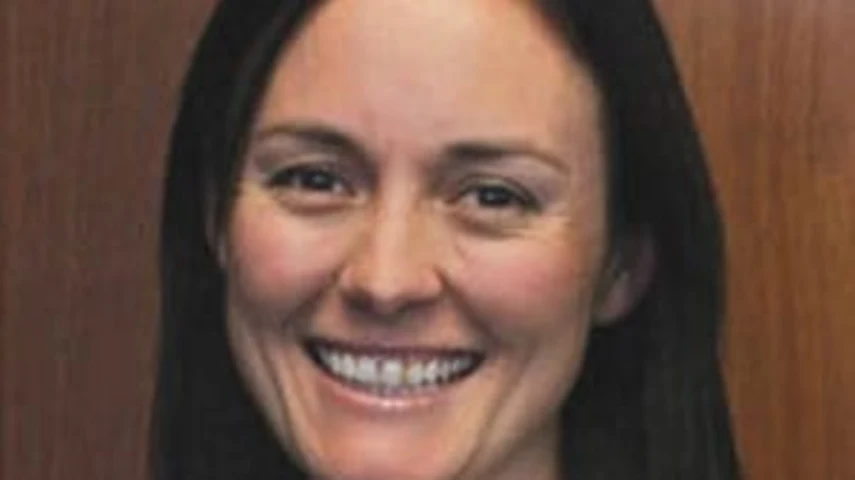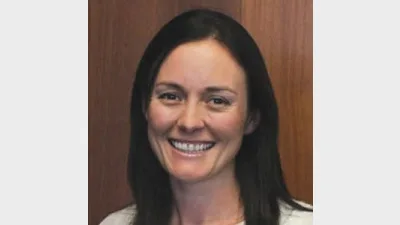Dealer group models facing change



A number of dealer groups will need to change their commercial models to take account of the Australian Securities and Investments Commission's (ASIC's) guidelines on conflicted remuneration and the release of draft legislation by the Treasury dealing with both conflicted remuneration and grandfathering.
Further, on some interpretations, it may already be too late for some planners to shift licensees without jeopardising their ability to resort to the grandfathering provisions.
BT Financial Group head of platform product Kelly Power yesterday acknowledged that some groups would need to adjust their models to ensure compliance with the proposed new regime, and said the company was working with its platform clients to achieve that outcome.
At the same time Association of Financial Advisers chief executive Brad Fox said changes to the conflicted remuneration arrangements looked likely to force changes to commercial models, while the grandfathering arrangements outlined in the Treasury draft had extended the transition time-frame but increased the complexity.
Association of Financial Advisers chief operating officer Phil Anderson said the Treasury draft had focused squarely on volume bonuses and added a level of complexity.
BT's Power said the company's priority was to help its dealer groups and advisers transition to the environment.
Power referred to changes to BT's platforms encompassing transparent fee arrangements, including rate cards without platform payments inbuilt into the administration fee and a dealer group advice fee arrangement allowing dealer groups to explicitly charge for the services they provide through a platform.
Paragem chief executive Ian Knox also acknowledged the degree of change which would be required of some dealer groups, saying much of how this played out would be dependent on how they structured their relationships with the major platform providers.
Recommended for you
The top five licensees are demonstrating a “strong recovery” from losses in the first half of the year, and the gap is narrowing between their respective adviser numbers.
With many advisers preparing to retire or sell up, business advisory firm Business Health believes advisers need to take a proactive approach to informing their clients of succession plans.
Retirement commentators have flagged that almost a third of Australians over 50 are unprepared for the longevity of retirement and are falling behind APAC peers in their preparations and advice engagement.
As private markets continue to garner investor interest, Netwealth’s series of private market reports have revealed how much advisers and wealth managers are allocating, as well as a growing attraction to evergreen funds.











